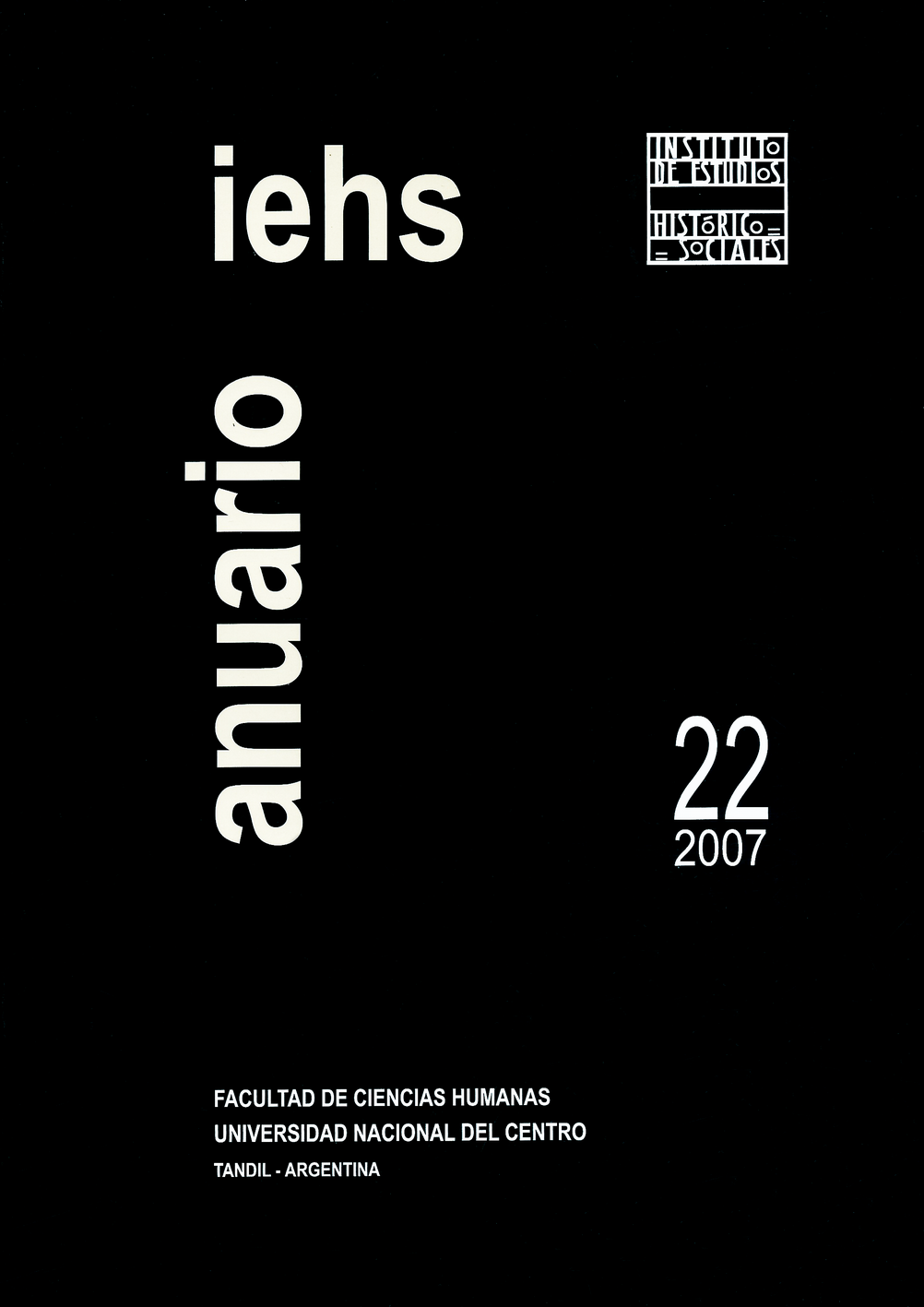La Iglesia Católica y el control de la natalidad en tiempos del Concilio: la recepción de la encíclica Humanæ vitæ (1968) en Argentina
Keywords:
Catholic Church, Humanae vitae, Argentina, Birth Control, DevelopmentAbstract
The encyclical Humanae Vitae and its rejection of any method of family planning except sexual abstinence generated a deep crisis in the catholic community and a significant impact on international policies, while the worries about the "population bomb" grew and birth control prograrns extended around the Third World. In Argentina, its reception took place in the context of debates and disputes that the Vatican Concilium II had generated the fears because of the fall of birth rates and the increasing North American intervention in Latin America. The encyclical showed the confluence between traditionalist groups that supported it in the name of the catholic values and the defense of national sovereign, and the left that saw it as a tool against Yankee imperialism. In the same way the papal rnessage produced rejections among who defended couple's rights in family planning and the access to the birth control methods that made it possible.
References
.
Downloads
Published
Issue
Section
License
Copyright (c) 2024 Anuario IEHS

This work is licensed under a Creative Commons Attribution-NonCommercial 4.0 International License.



